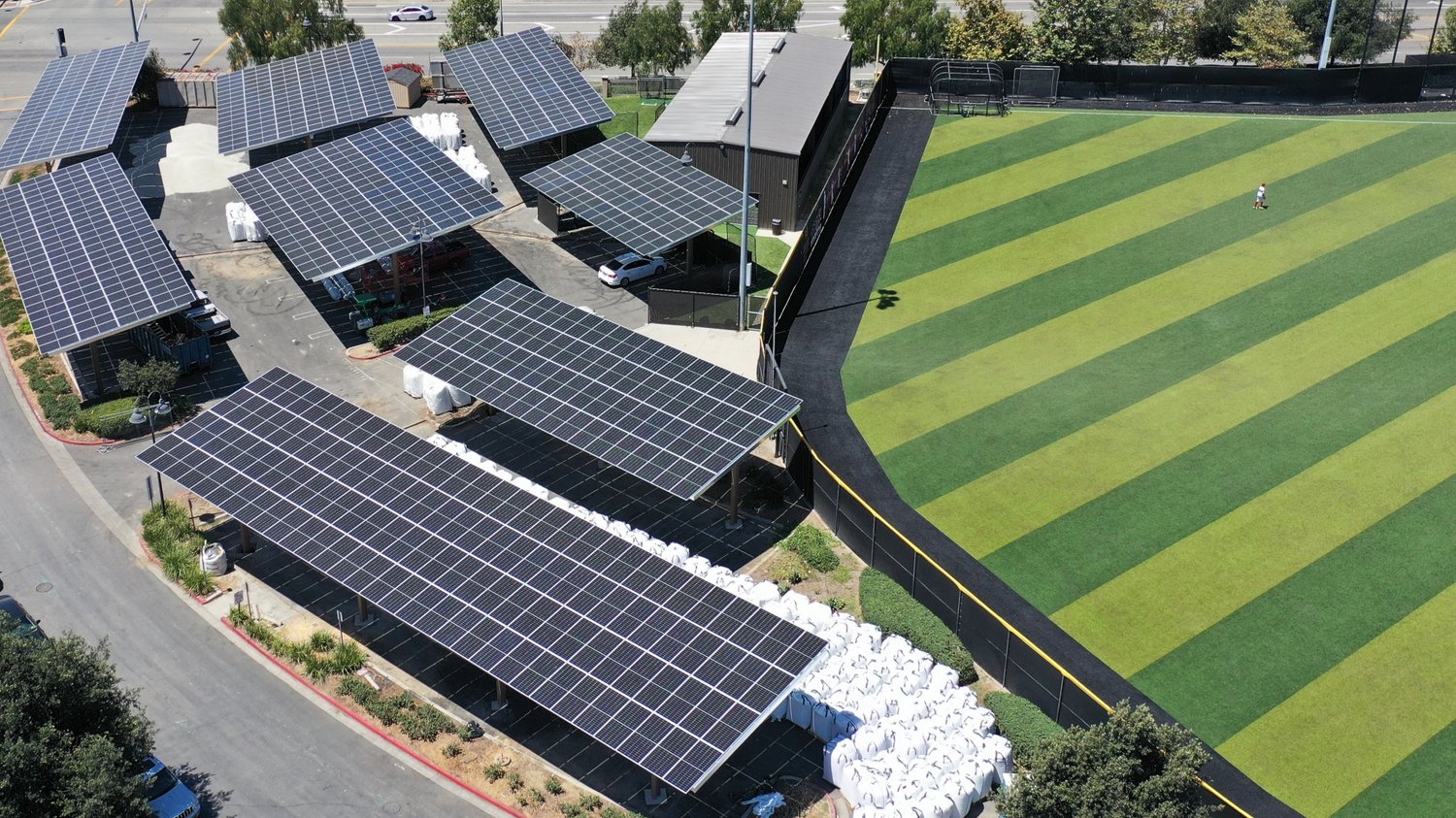ImpactAlpha, March 24 – “Economic data in the near future will be not just bad, but unrecognizable.” Credit Suisse titled its U.S. economy briefing GDP Shuts Down.
By April, Credit Suisse expects air travel to have fallen 60%; hotel spending 50%; in-person recreation services 70%; and restaurants 25%.
“This would be many multiples of the largest historical moves in these categories,” the bank notes.
Green stimulus
Dozens of local and environmental leaders and academic experts signed an open letter to Congress calling for a package of at least $2 trillion “that creates millions of family-sustaining green jobs, lifts standards of living, accelerates a just transition off fossil fuels, ensures a controlling stake for the public in all private sector bailout plans, and helps make our society and economy stronger and more resilient in the face of pandemic, recession, and climate emergency in the years ahead.”
The plan calls for an allocation of 4% of GDP (roughly $850 billion) until the economy is decarbonized and unemployment is below 3.5%. “A Green Stimulus would make short-term interventions, restructure political and economic power towards workers and communities, and build toward deep long-term change,” the authors write.
Growth sectors
As sources of green growth, Greenbiz’s Joel Makower points to, “Makeower points the circular economy (a $2 trillion opportunity), carbon tech (a trillion-dollar opportunity), sustainable food and land systems ($4.5 trillion), low-carbon cities ($24 trillion), climate action ($26 trillion) and more.
Investors ready
Boston-based Clean Energy Ventures and more than a dozen other early-stage climate fund managers jointly pledged to move “in full force to seek out and invest in promising organizations that can make a meaningful difference in creating a more sustainable planet and way of life.”











